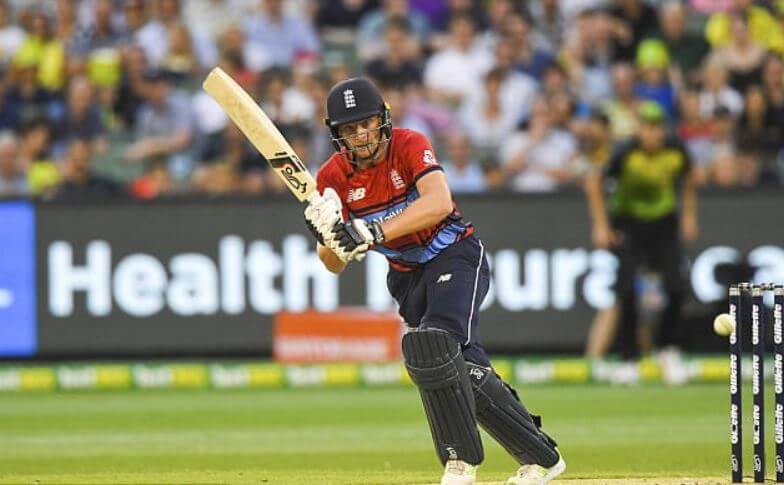The English gloveman Jos Butter reckons that the increasing popularity of Twenty20 cricket could slowly lead to affect the charm of the other formats of the game. Speaking to Sky Sports ahead of his side’s T20 encounter against New Zealand in the tri-series, Buttler accepted the growth of the cricket’s shortest format while citing the importance of Test cricket at the same time.

While drawing a comparison between Test cricket and T20 cricket, Jos said, “Test cricket is still, for me, the pinnacle of cricket but T20 fills out stadiums and is easy to keep up with and follow. Everyone wants things faster these days and things evolve so maybe Twenty20 could have a monopoly on cricket.”
Also read: Vaughan compares Buttler with DhoniHe further elaborated, “We all love the history of Test cricket – you will never have situations thrown up in T20 that Test cricket can do to you and you will never be tested as a player as you would in Test cricket. It’s a complete test of everything and it would be sad, but as a product T20 is going from strength to strength.”

Buttler, who recently captained England in the T20I against Australia, has predicted the cricket might turn into a one-format game within the next 15-20 years with T20s ruling the roost. He said, “I feel cricket could become a one-format game in the future – whether that’s soon or in 15 to 20 years.”
Also read: Buttler's biggest challenge in lifeJos Buttler’s own Test career hasn’t taken off the same way his limited-overs career, where he remains a crucial cog in the England setup. He played his last Test match in India during England’s visit in 2016-17. As a result, he has focussed more on making the most out of opportunities around the world in various T20 leagues instead of trying to resurrect his Test career. He said, “Hopefully the administrators can find a way of making the Test game more popular – it’s awesome and I’d love to be playing in it.”
Buttler concluded by stating the fact that limited overs cricket has always been his strength, he said, “(Not making the Ashes squad) was a wake-up call that I have slipped down the ladder in red-ball cricket and white-ball cricket is obviously my strength. I thought if I’m serious about playing red-ball cricket I could give up the white-ball stuff for two years and spend winters playing red ball, but I feel like there are too many opportunities to go down that route.”
